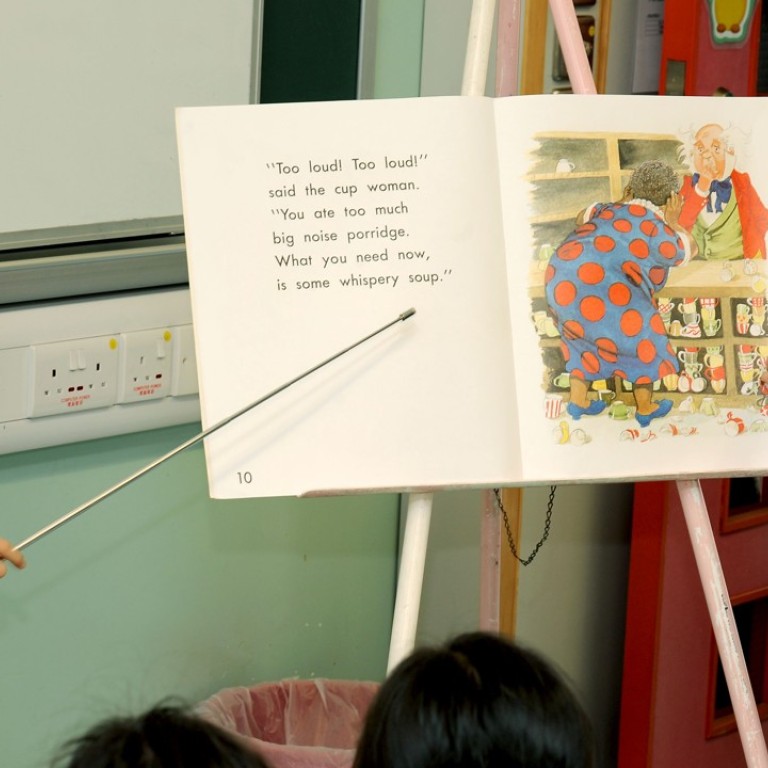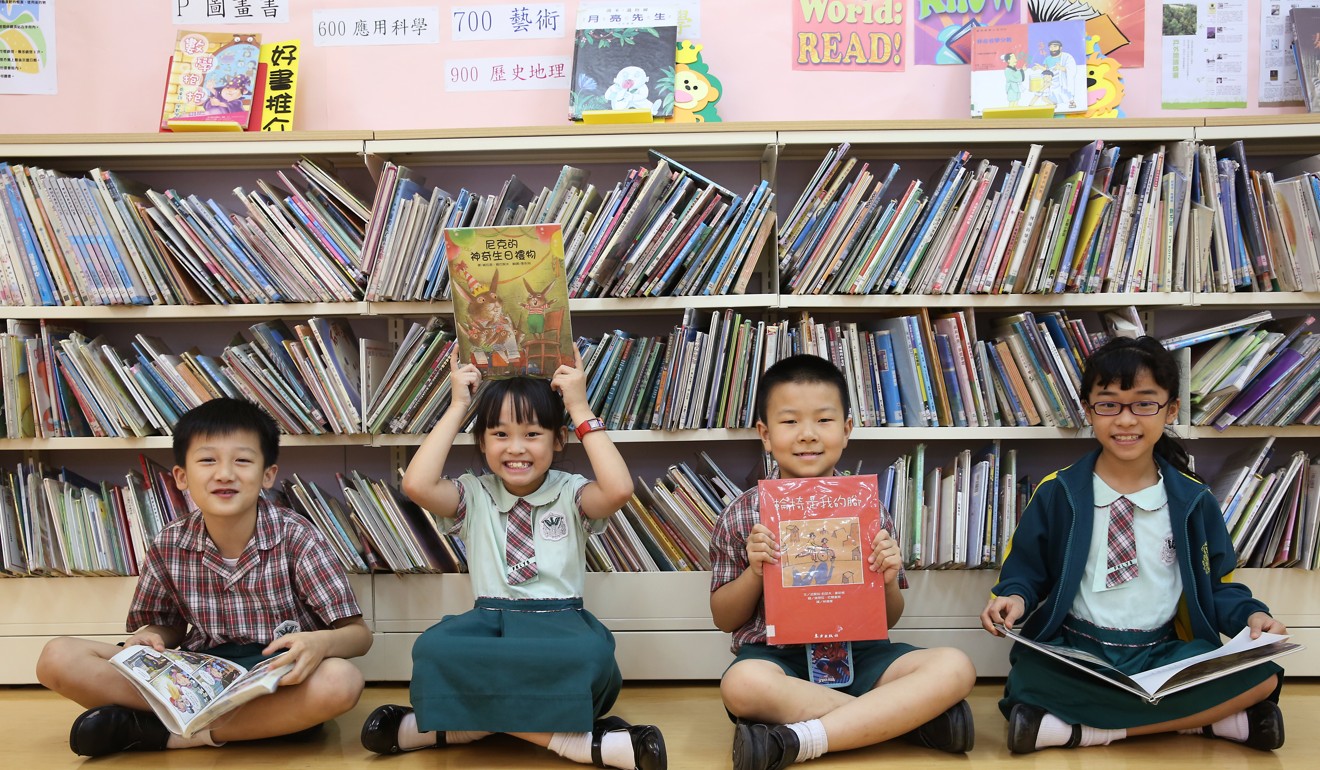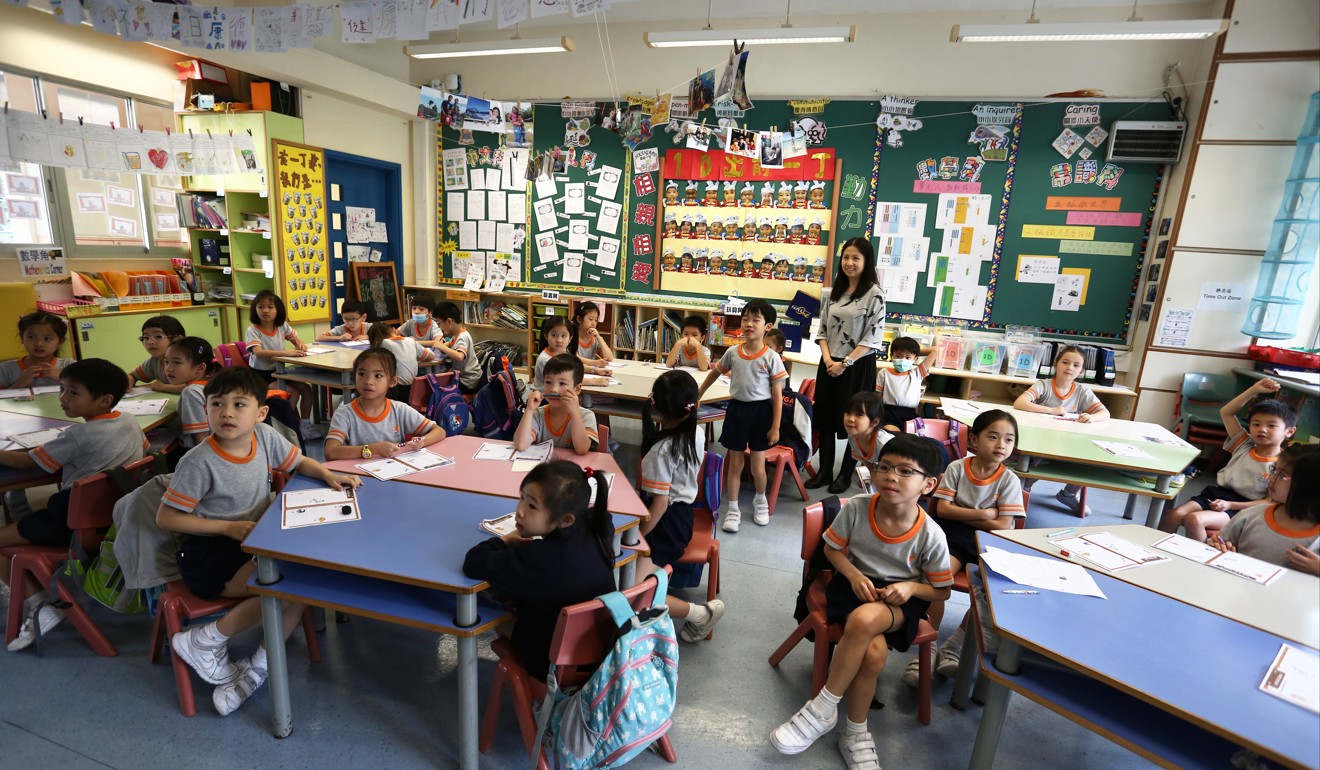
Teaching Chinese in Mandarin blamed as Hong Kong pupils struggle with higher level reading skills
Experts also attributed it to drilling culture in Hong Kong and did not rule out an excessive focus on Territory-wide System Assessment
High-level Chinese reading skills among Hong Kong pupils have got worse, while more basic skills have improved, a new international literacy study has found.
Experts believed the drop in standards in skills such as interpreting, integrating and evaluating could be the result of using Mandarin to teach Chinese language. They also attributed it to the drilling culture in Hong Kong and did not rule out an excessive focus on an unpopular competence assessment – the Territory-wide System Assessment (TSA).
According to the Progress in International Reading Literacy Study 2016, which assessed the reading comprehension of Primary Four pupils in 50 countries and regions, Hong Kong respondents scored an average of 568 for both their high-level and low-level reading skills. A total of 3,533 pupils from 139 primary schools took part in the research.

While the figure for low-level skills, such as retrieval and making straightforward inferences, was an improvement from 562 in the 2011 assessment, that for high-level was a drop from 578 in 2011.
“About 70 per cent of schools have swapped to Mandarin to teach Chinese [in recent years], so [teachers] may have spent more time on pronunciation and less on discussions,” said Professor Tse Shek-kam, from the University of Hong Kong’s faculty of education and the principal investigator for the Hong Kong section of the report.
Hong Kong slips to third place in reading literacy ranking, behind Russia and Singapore
Schools are currently free to choose whether to use Mandarin or Cantonese to teach Chinese, with the latter being the mother tongue for most Hongkongers.

Dr Elizabeth Loh Ka-yee, an assistant professor at the faculty and part of the investigation team, did not rule out an over focus on the TSA as a cause for the poorer performance in high-level skills. The exam has long been criticised for causing drilling pressure among pupils with some educators saying it had made the schools more exam-focused.
“Comprehension skills come from reading, not drilling,” Loh said.
Make reading a joy not a chore, Hong Kong parents and teachers urged
The team urged parents to provide more time for children to read and for the government to come up with measures to review current policies to promote a reading culture. It was also suggested that teachers use Cantonese for discussions during Chinese language classes if necessary.

